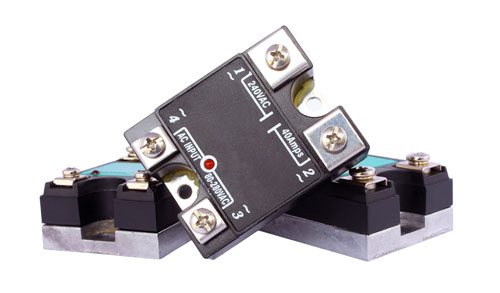 08 December 25
08 December 25
Relays are essential components in electrical systems, enabling control of high-power circuits using low-power signals. For decades, mechanical relays dominated this space, but modern electronics dema...Read the full story
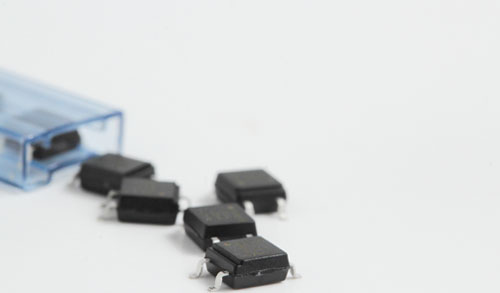 08 December 25
08 December 25
In modern electronics, safety and reliability are non-negotiable. Electrical isolation prevents dangerous voltage spikes, reduces interference, and protects sensitive components. One of the most effec...Read the full story
 02 December 25
02 December 25
Over the Christmas period, the Rapid office and distribution centre will be closed from Wednesday, 24 December 12pm up until 8am Monday, 29 December. Over the New Year period we will be closed from We...Read the full story
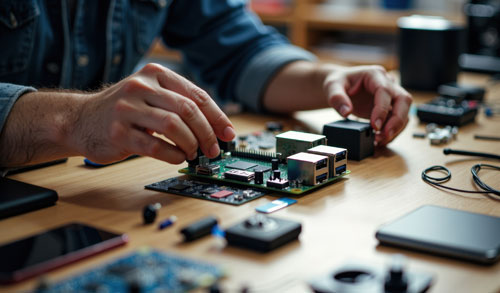 02 December 25
02 December 25
When starting a new electronics or IoT project, one of the first decisions you’ll face is whether to use a microcontroller or a single-board computer (SBC). Both are powerful tools, but they serve dif...Read the full story
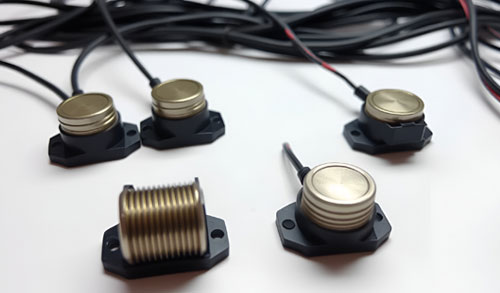 01 December 25
01 December 25
Automation is transforming industries, and at the heart of this revolution are sensors that make machines smarter and safer. Among these, proximity sensors play a critical role by detecting objects wi...Read the full story
 01 December 25
01 December 25
When it comes to electrical switches, the choice between toggle and rocker switches is more than just functional - it’s about style, convenience and compatibility with modern living. Both options have...Read the full story
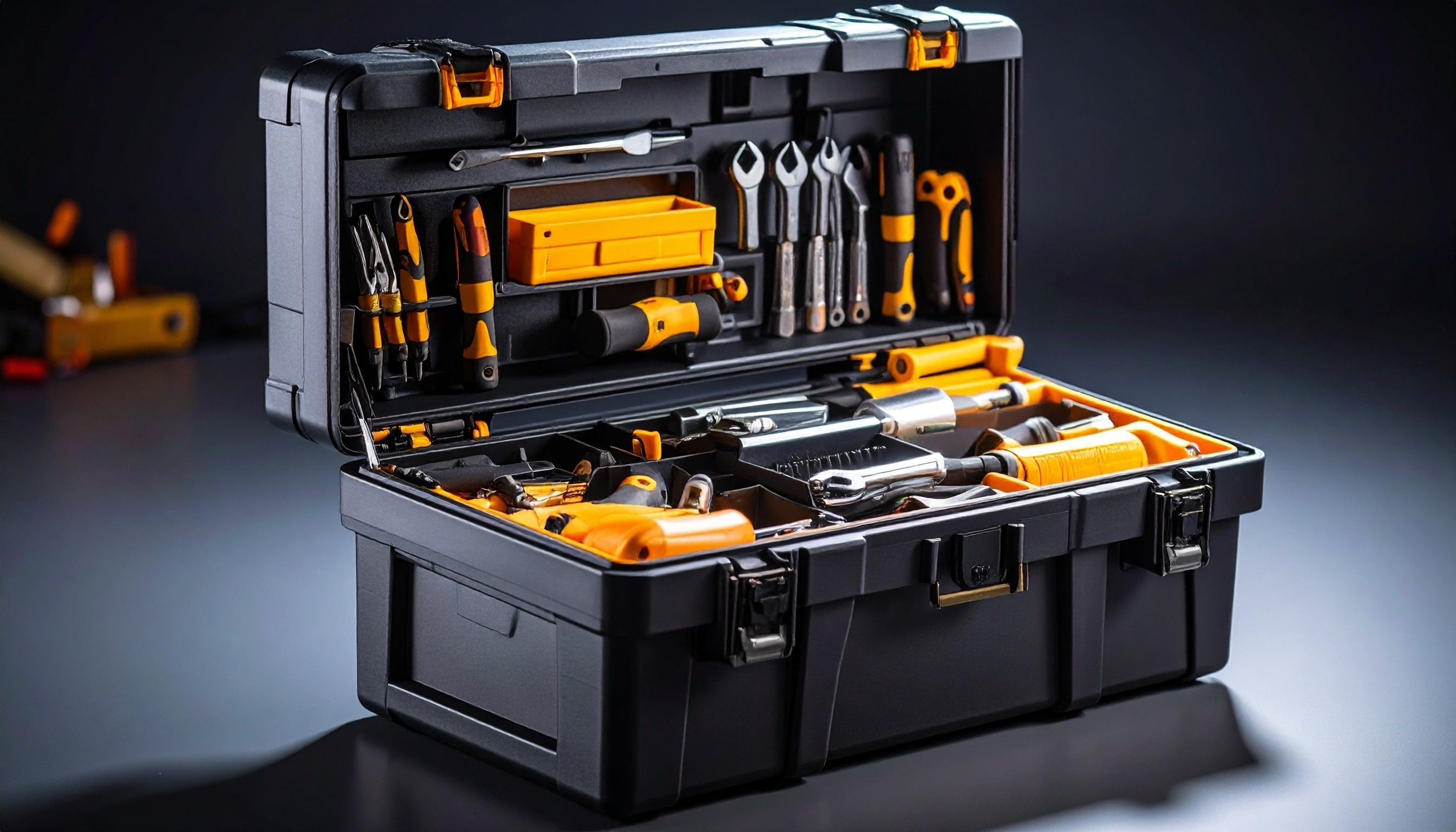 11 November 25
11 November 25
Whether you’re a professional tradesperson or a passionate DIY enthusiast, having the right tool storage solutions can make all the difference. Good storage isn’t just about tidiness, it’s about effic...Read the full story
 11 November 25
11 November 25
Bench power supplies are a cornerstone of electrical testing, electronics testing, prototyping and laboratory work. Designed to deliver stable, adjustable voltage and current, they provide engineers, ...Read the full story
 04 November 25
04 November 25
Everyone knows what static electricity feels like. We’ve all touched a charged piece of clothing and got a small electric shock; surprising but essentially harmless. If an electronic component or devi...Read the full story
 01 October 25
01 October 25
Your latest industrial electronic product has been designed. The board components have been debugged, tested, tweaked, tested again and finally signed off for production. Now all you need is an enclos...Read the full story
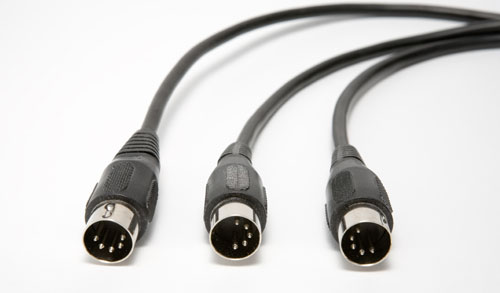 29 September 25
29 September 25
DIN connectors remain a staple in industrial and electronic applications, offering dependable performance and standardized compatibility across a wide range of systems. For procurement teams sourcing ...Read the full story
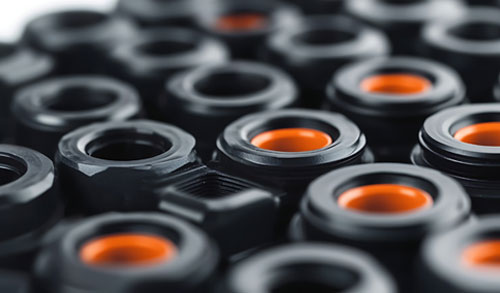 29 September 25
29 September 25
Cable glands are essential components in electrical systems, providing secure entry points for cables into enclosures while maintaining environmental protection and strain relief. For procurement spec...Read the full story
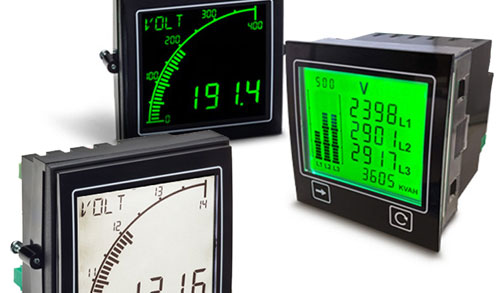 29 September 25
29 September 25
Digital panel meters (DPMs) are essential tools for monitoring and managing electrical consumption across industrial and commercial environments. For professionals, selecting the right meter means bal...Read the full story
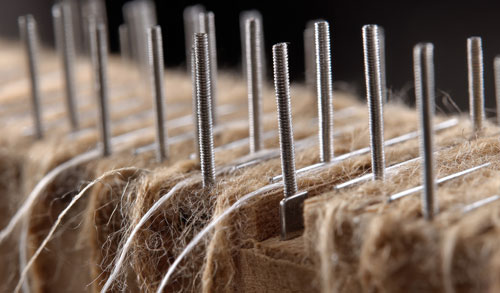 29 September 25
29 September 25
In industrial environments where temperature control is critical, thermocouples offer a reliable and cost-effective solution for accurate monitoring. From manufacturing and chemical processing to HVAC...Read the full story
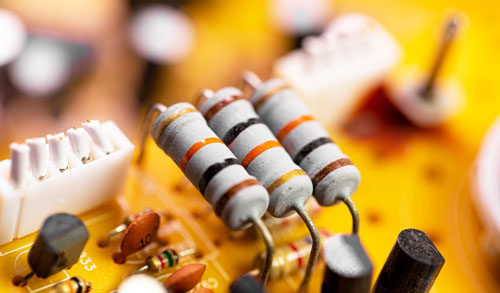 29 September 25
29 September 25
In every industrial electronic system, resistors play a foundational role. These passive components are essential for controlling current, dividing voltage, and protecting sensitive devices from overl...Read the full story
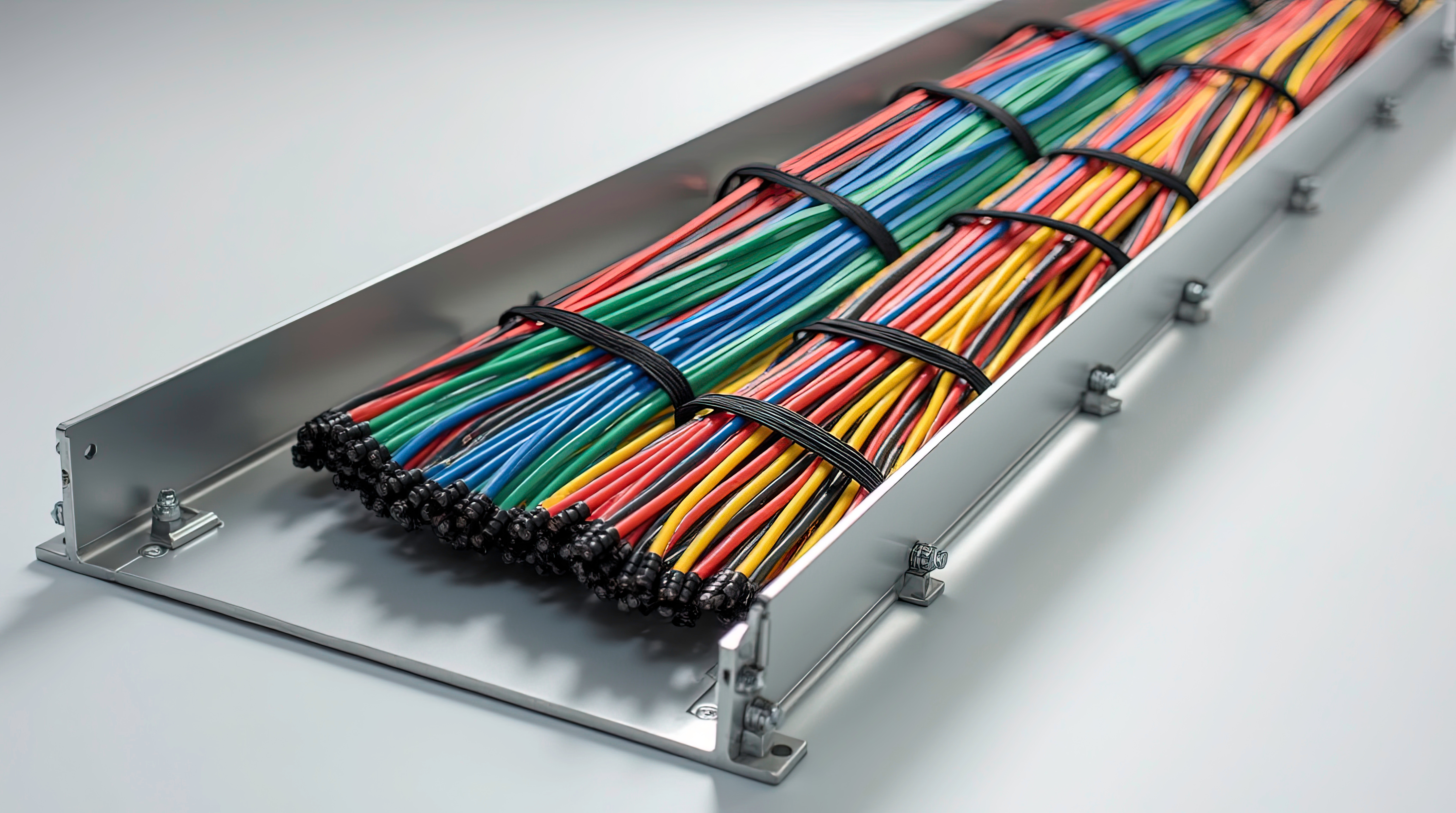 29 September 25
29 September 25
In industrial environments, electrical systems are exposed to constant wear and tear, from vibration and heat to dust, moisture, and chemical exposure. One simple yet highly effective way to protect w...Read the full story
 29 September 25
29 September 25
In industrial automation and sensing systems, detecting light accurately and reliably is essential for a wide range of applications, from object detection and safety systems to optical communication a...Read the full story
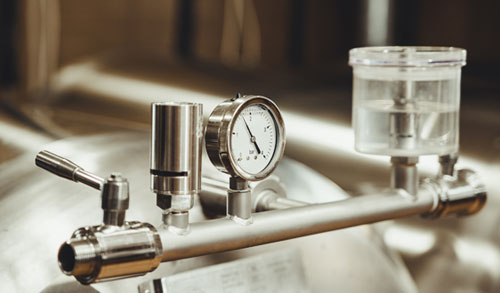 26 September 25
26 September 25
In modern manufacturing, precision and efficiency are critical. One component that plays a key role in achieving both is the pressure sensor. These devices monitor and control pressure levels in fluid...Read the full story
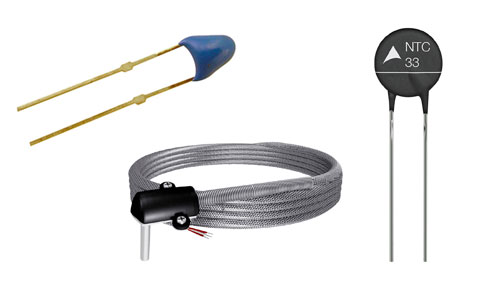 26 September 25
26 September 25
In industrial automation and process control, precision is everything. Whether you're managing a chemical reaction, monitoring HVAC systems, or ensuring food safety, accurate temperature measurement i...Read the full story
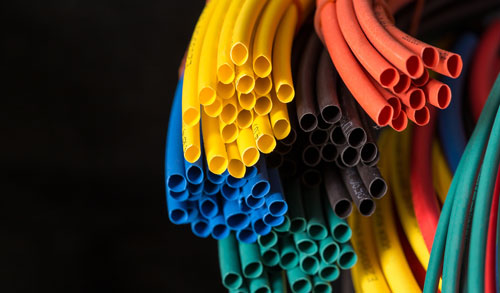 26 September 25
26 September 25
In industrial environments, electrical installations face constant exposure to moisture, abrasion, vibration, and temperature fluctuations. One of the simplest yet most effective ways to protect these...Read the full story
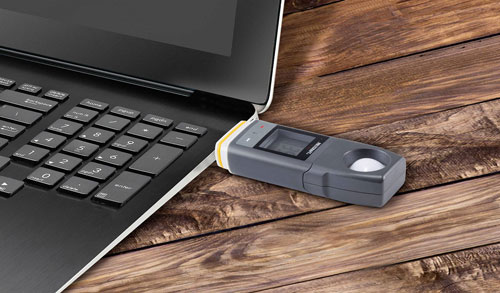 26 September 25
26 September 25
In modern industrial environments, data is more than just numbers, it’s the key to efficiency, safety, and predictive maintenance. One of the most practical tools for capturing and analysing this data...Read the full story